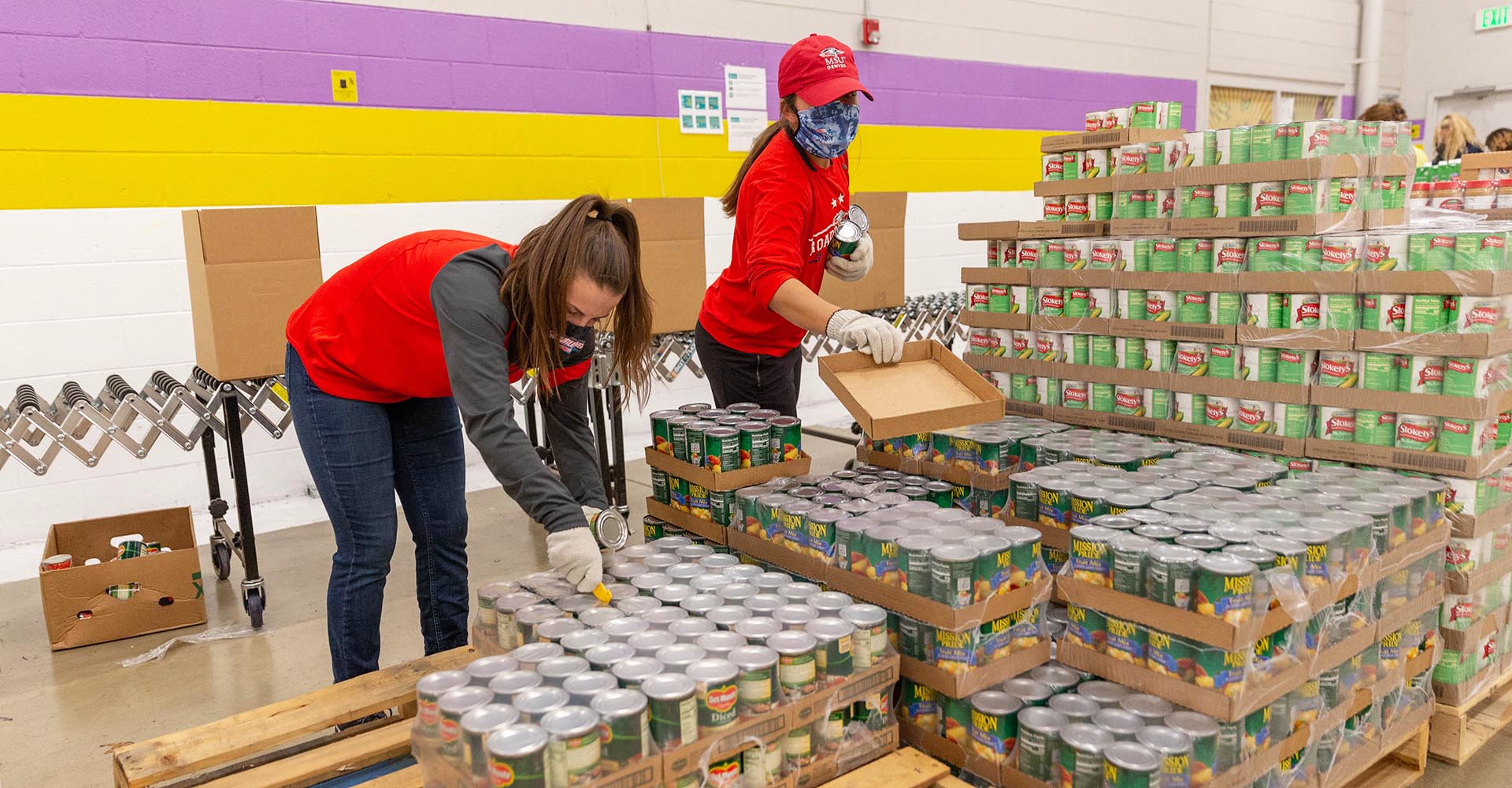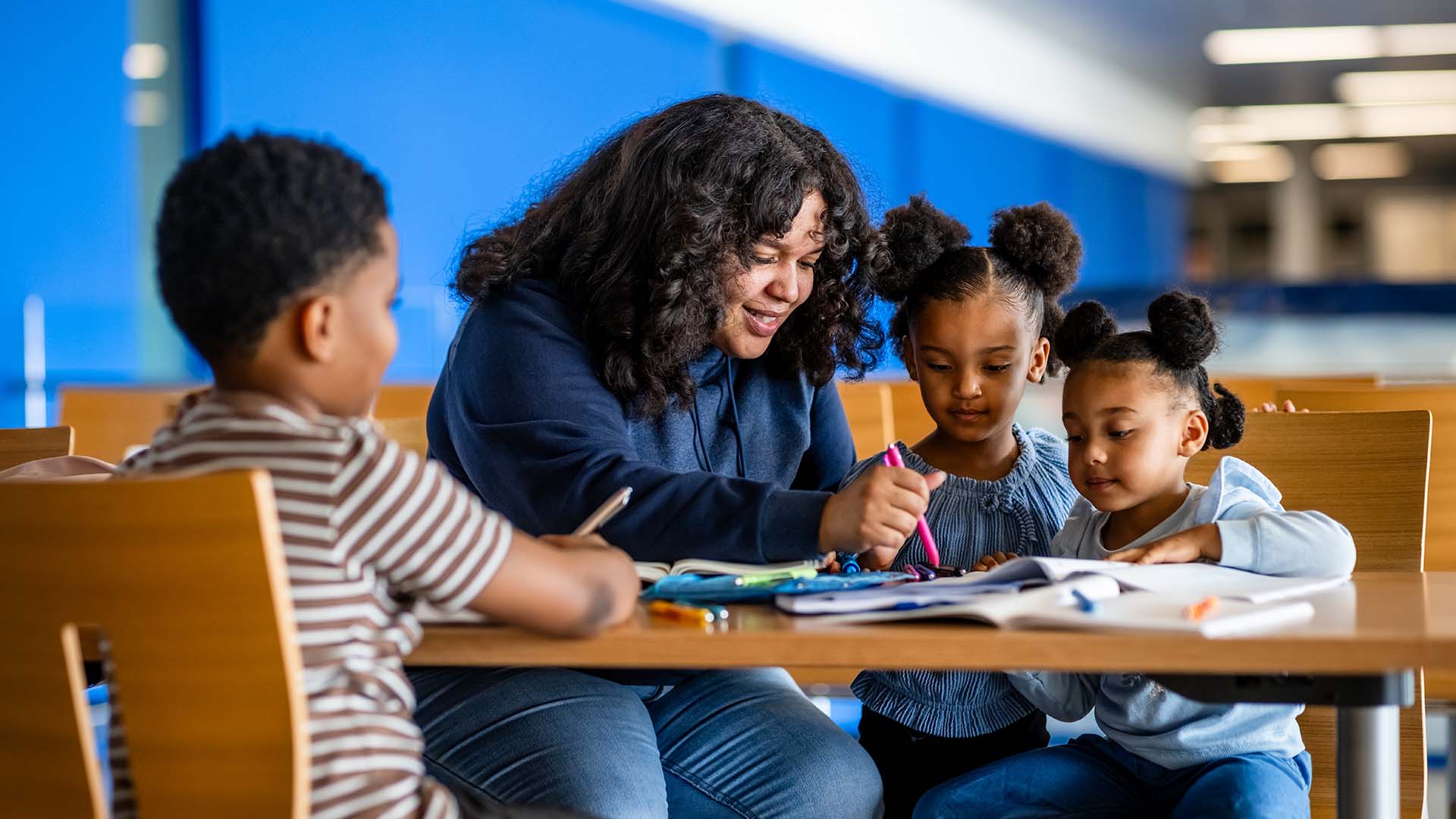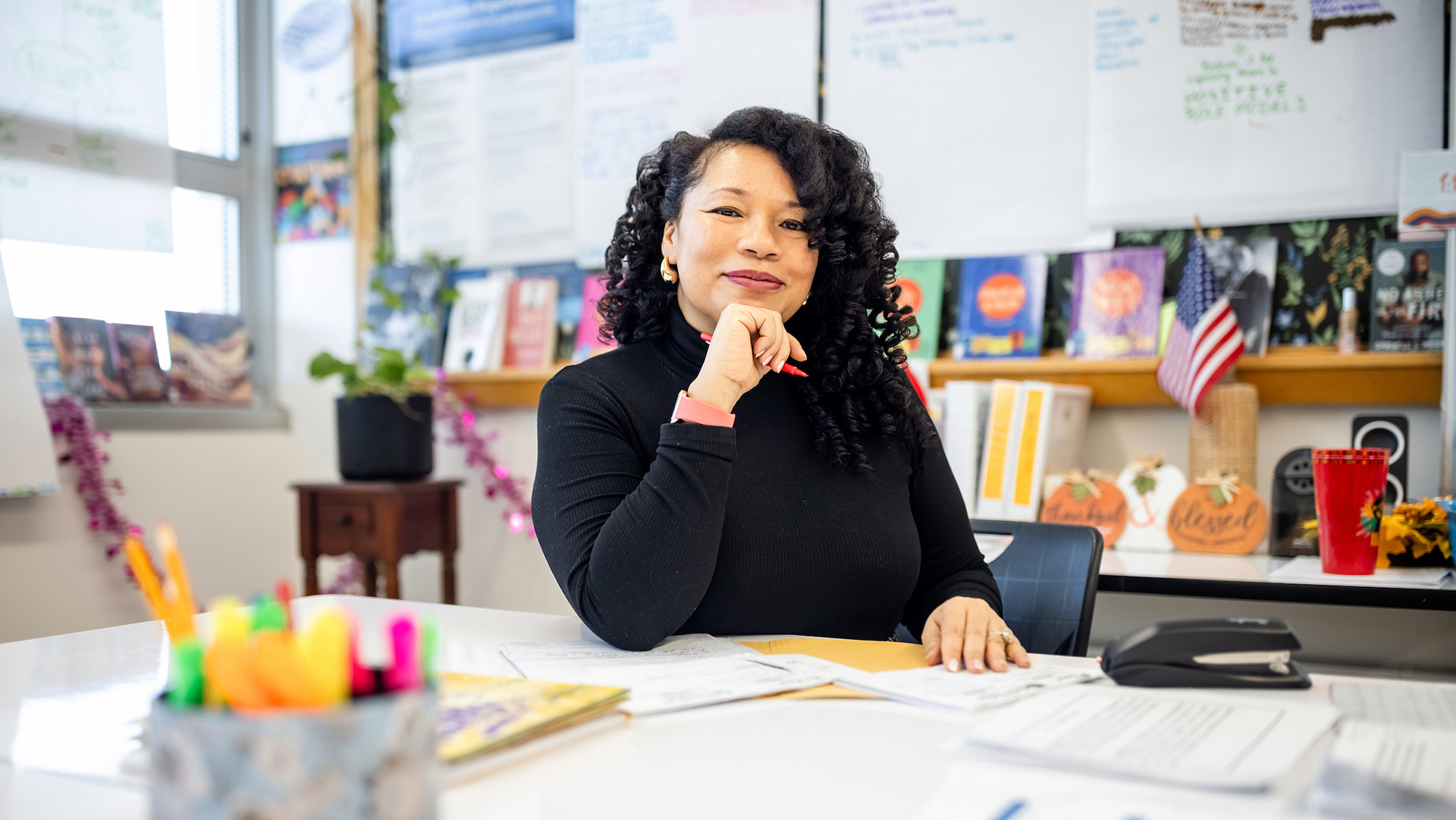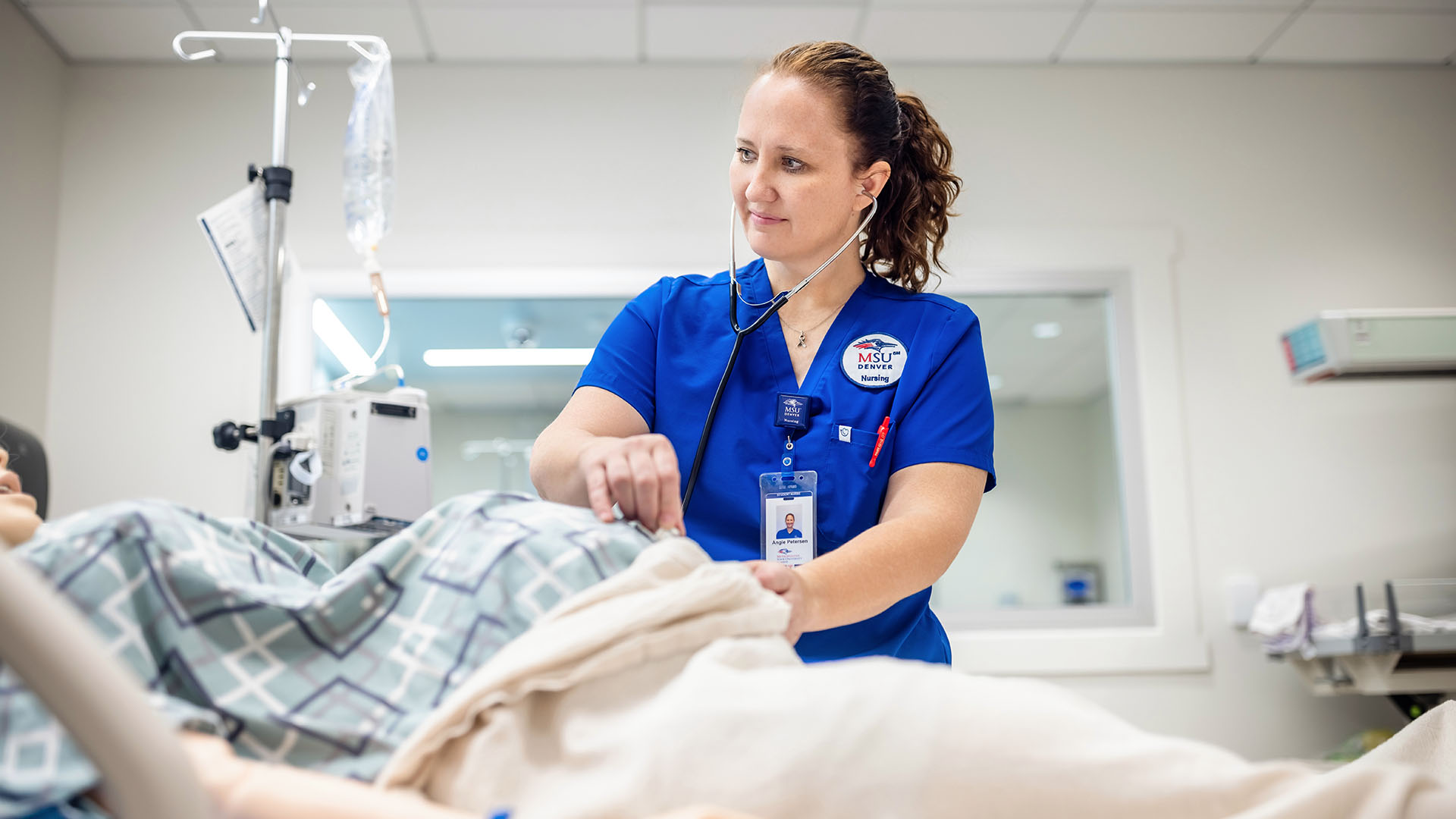Colorado moves to eliminate food insecurity on campus
New effort announced by Gov. Jared Polis also prioritizes mental-health needs for college students.

It’s hard to learn when you’re hungry – at any age.
Food insecurity for schoolchildren is well-documented, but less reported is the degree to which college students experience hunger. A 2019 survey of students at Metropolitan State University of Denver found that more than 40% had experienced food insecurity within the previous 30 days.
Covid-19 has only exacerbated the problem, which is why the Colorado Department of Higher Education launched the Hunger Free and Healthy Minds campus checklists, a coordinated effort to address social determinants of college-student success.
“Today is a big day for students in Colorado, one where we commit to eliminating food insecurity and prioritizing mental-health needs for those pursuing postsecondary education,” Gov. Jared Polis said in a kickoff event Wednesday, alongside representatives from Young Invincibles, Hunger Free Colorado, the Colorado Department of Human Services and MSU Denver.
Still, navigating available assistance programs can be tricky. When MSU graduate student Lonni Woodruff began her first semester of study last fall, she took a paid internship with MSU Denver’s EPIC scholars program, a success service for people in the foster-care system or who are otherwise emancipated/independent.
Woodruff, a full-time Master of Social Work student, earned an hourly wage of $12.85, but her work-study requirements limited her to 16 hours per week. Her application for the state’s Supplemental Nutrition Assistance Program benefits was denied because she wasn’t working the minimum of 20 hours a week.
“Services like the Roadrunner Food Pantry help, but they’re not enough,” Woodruff said. “What’s the different between hunger in K-12 students and those in college, especially college students who hold marginalized identities?”

According to the state human-services department, four of every 10 state residents don’t take advantage of the relief benefits they’re entitled to. Against this backdrop, the campus checklists are vital as a best-practice guide, as higher education often serves as a point of access to get people connected to services, said Angie Paccione, Ph.D., executive director of the Colorado Department of Higher Education.
She noted that programs such as My Colorado Journey and Single Stop are effective central “hub” resources and that institutions such as MSU Denver can help students plug in to those services.
“We aspire to have hunger-free and healthy minds at all our college campuses in Colorado. We’re on our way, and launching the checklists … will help us get to that 100% designation,” Paccione added.
MSU Denver is ahead of the curve with on-the-ground and digital services, said Will Simpkins, Ed.D., vice president of Student Affairs. In addition to the Roadrunner Food Pantry, the University offers the single-stop model of the Student Care Center, critical aid from the Student Emergency Fund and relief via the EPIC scholars program, where Woodruff works.
He also noted the student-led passage of a funding effort to ensure that all Roadrunners have access to mental-health services at no cost to them. MSU Denver has already completed and submitted its checklists for the initiative.
“We take our mission of educating all Coloradans very seriously,” Simpkins said. “It’s a route to economic mobility, but our students need access to these wraparound services to ensure that they get that degree.”
Woodruff, an undergraduate alumna from MSU Denver, continues to advocate for other students and help them navigate the systemic barriers that affect the most marginalized of the state’s communities.
By introducing the checklists, the state plans to scale up what works at places such as MSU Denver. As Polis recounted from a traditional proverb: “When there’s food on the table, there can be many problems; when there’s not, there’s only one.”







